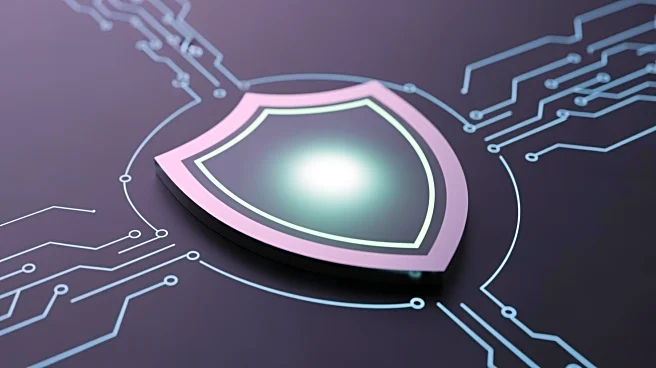What's Happening?
Researchers from City College of New York, Harvard, and Johns Hopkins University are developing a mesh network called Amigo to help political protesters stay connected during internet blackouts. The project aims to optimize networking technology for large
crowds and avoid surveillance, a common tactic used by authoritarian regimes to suppress unrest. Amigo uses a decentralized network of smartphones to create a local area network, allowing protesters to communicate without relying on traditional internet connections.
Why It's Important?
The development of the Amigo mesh network is significant as it addresses the growing issue of internet shutdowns during protests, which can hinder communication and organization among activists. By providing a reliable means of communication, Amigo empowers protesters to coordinate and share information, potentially increasing the effectiveness of their movements. This technology also highlights the ongoing struggle for digital rights and freedom of expression in regions where government-imposed internet restrictions are prevalent.
What's Next?
The researchers plan to engage with active protests to better understand the needs of protesters and refine the network's functionality. This involves studying communication dynamics and exploring how the network can adapt to evolving protest scenarios. The success of Amigo could lead to broader adoption of mesh networks in other contexts where internet access is restricted, furthering the cause of digital freedom.















